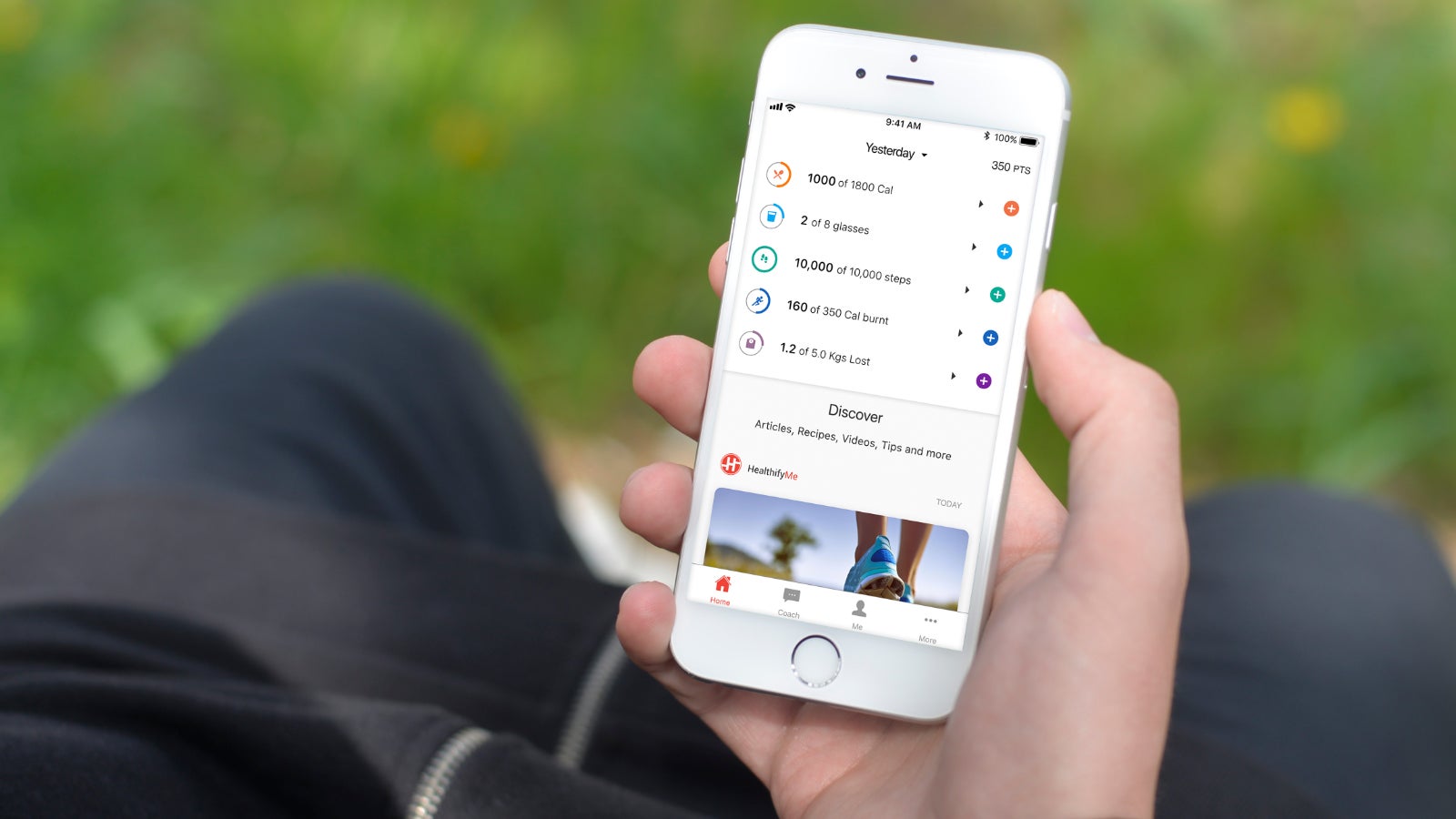An Indian startup has created an AI-driven nutritionist for fitness freaks
In 2016, after four years of running a health and fitness app that lets customers track their daily food and workout routines, health-tech startup HealthifyMe found that it was sitting on millions of data points about its users’ lifestyle habits.


In 2016, after four years of running a health and fitness app that lets customers track their daily food and workout routines, health-tech startup HealthifyMe found that it was sitting on millions of data points about its users’ lifestyle habits.
The Bengaluru-based company’s customers were using the app to not only log and track their health regimes, but also talk to nutritionists or fitness coaches. This meant that HealthifyMe had data on everything from users’ food and workout logs to the questions they asked the nutritionists and the responses they received.
So the company, which is backed by IDG Ventures India, Inventus Capital, and Blume Ventures, among others, decided to feed all this information to a machine-learning algorithm and help fitness coaches respond better to app users. That project has now developed into a customer-facing programme where an AI-driven bot talks to over 25,000 of HealthifyMe’s paid subscribers, similar to how Google Assistant or Amazon’s Alexa operate.
HealthifyMe’s bot, Ria, keeps track of what users eat and their workout regimens; it also calculates daily calorie needs, and makes healthy lifestyle suggestions.
“A human nutritionist cannot process data of thousands of people and respond daily. They provide you a diet plan and occasionally get in touch with you,” said HealthifyMe’s CEO Tushar Vashisht. “(But) Ria has the capability to look at your data on a daily basis and give opinions on it.”
Work in progress
Ria first began interacting with HealthifyMe’s users in October 2017, when the company rolled out the service to a section of its paid subscribers as a pilot. Now, the service is available to all paid users among HealthifyMe’s more than one million users. The company, however, declined to reveal either the investment made into the bot so far, or the firm’s paid subscriber base. Its subscription plans cost between Rs999 and Rs1,699 a month based on the features opted for.
Ria currently handles around 80% of all queries directly, instead of passing them on to humans. These questions range from ”what should I eat,” and “what kind of workout should I do,” to “how can I sleep better,” and “how do I smoke less?”
“If you haven’t eaten healthy, it’ll tell you that,” Vashisht said, adding that the bot can also compare users’ data with those of others’ to show real-time trends.
For a subscription-driven service like this, industry experts believe the challenge is to ensure long-term user-engagement.
“Most apps people start if they have a specific objective, but after that, a drop off happens. Apps need to engage people better,” said Meena Ganesh, an entrepreneur and investor who has funded health-tech companies in India.
Vashisht claims the chances of users sticking with Ria are higher than that with human coaches. “People on average engage with our coaches about 2.5 messages a day. With Ria it is 2.9 messages a day,” he said.
And as Ria’s algorithm gets stronger and more accurate, HealthifyMe intends to spin her off as a standalone service.
“It is now part of our subscription plans because wherever Ria fails, a human takes over,” Vashisht said. “The next big step will be to try and open out to consumers without human coaches.” The company is considering a “freemium” model, wherein users can access it free for a limited period before being charged.
HealthifyMe also plans to add more features to Ria: photo recognition, and placing meal orders. “She will have vision in about six months from now,” Vashisht said.